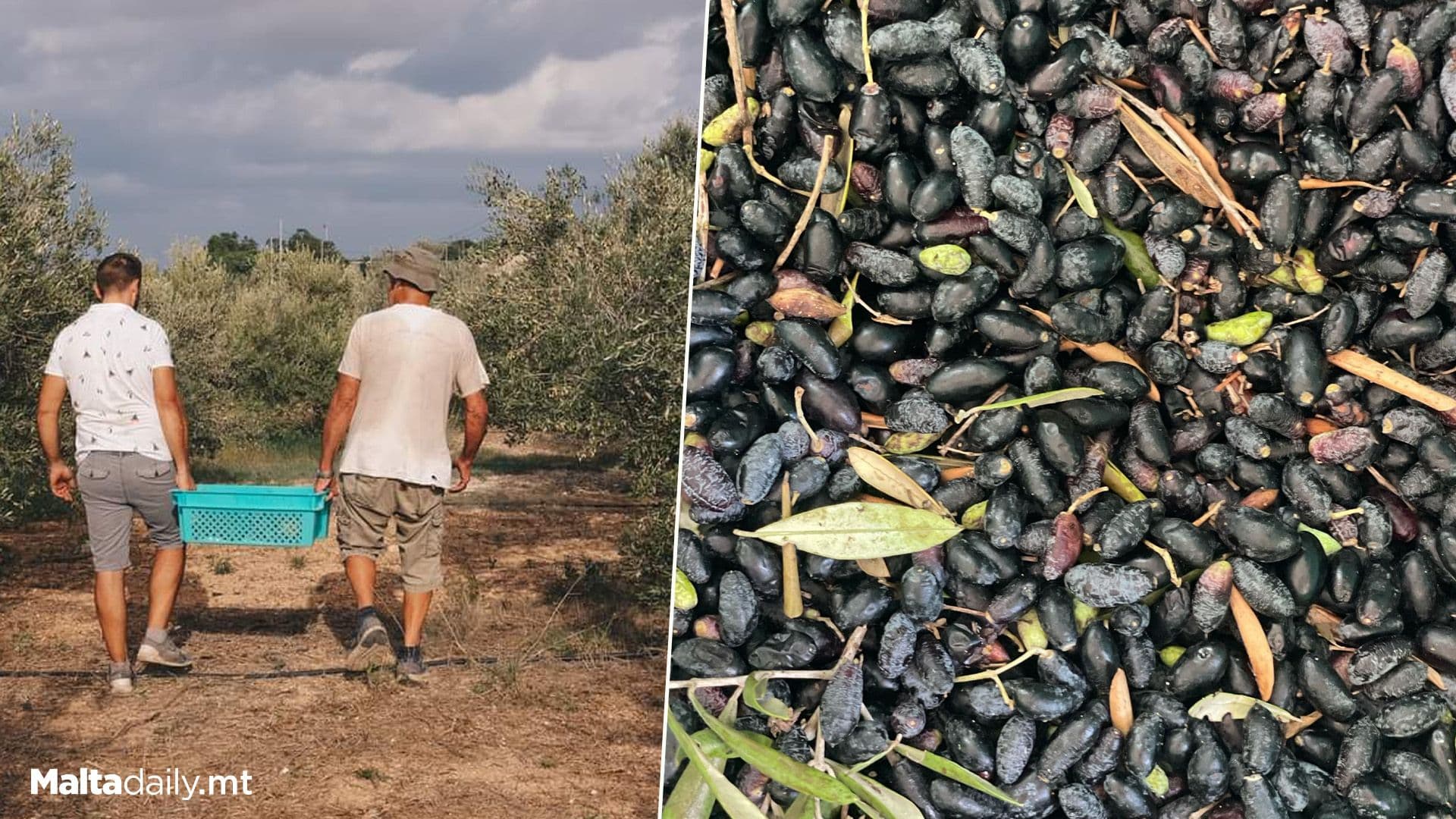Local Olive Harvest Down Due To Climate Change

In 2024, fruit production in Mediterranean countries, especially Malta, faced a sharp decline, with the olive harvest severely affected. This included the local Bidni olive variety.
Climate change has emerged as the primary cause, with its impacts becoming more apparent in agriculture, particularly olive cultivation.
Immanuel Grima, Vice-Chairperson of the Board of Breeds of Origin Conservancy, explained that persistent heat throughout the year was a major factor in the poor harvest. The heat disrupted the dormancy phase essential for olive trees, affecting their health and ability to produce fruit.
Additionally, strong winds and storms in April damaged the olive tree flowers, causing many to fall prematurely, which significantly reduced pollination and fruit development. A lack of rain further exacerbated the situation, leading to one of the worst harvests in recent years.
Data from producers showed a 69% decrease in olive production in 2024 compared to 2023, and even larger drops from 2022 and 2021. This highlights the urgent need to address the agricultural challenges posed by climate change.
The protection and sustainable cultivation of local varieties like the Bidni, which are better adapted to the Maltese environment, must be prioritized to safeguard both food security and cultural heritage.
#MaltaDaily


